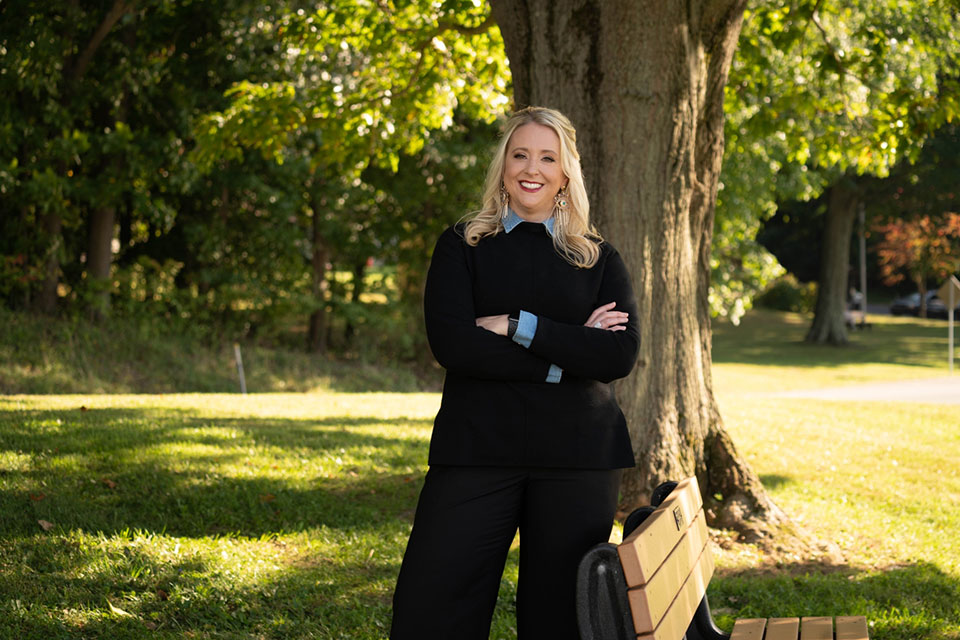Traditional Leadership is Outdated. Three Ways to Become a More Service-Centered leader

Service-centered leaders put the needs of their people before profits by placing an emphasis on their teams’ wellbeing and personal and professional growth. We’ve seen more traditional leadership models accumulate authority at the top and deploy orders downwards throughout the organization. To some extent, this still holds true in servant leadership. What separates service-centered leaders from more traditional leaders is that service-centered leaders are focused on accumulating information that can help them make better decisions. They want their teams to feel empowered and embrace their strengths to unleash their full potential, and shine through in ways they may have never been able to in prior work environments. In turn, this typically leads to increased productivity, extraordinary employee engagement, and trust. All of these ingredients mixed together create a recipe for success that is desirable by almost everyone at every level of an organization.
In this article, we’re going to have a look at three things you can do starting today to ensure you’re embracing service-centered leadership.
Admit when you’re wrong. It will make you a more trusted leader.
Servant leaders support employees and teams throughout every level of an organization. They support them in making decisions, having more responsibility, and empowering them with the proper skills and tools necessary to fulfill their roles. This puts leaders and those on their team in a position to be agile, pivot, and adapt when change is needed. When change occurs, mistakes are bound to happen. When a leader makes a mistake, it’s important that they admit they were wrong and share the lessons learned with their team. This demonstrates humility, trust, and gives others comfort in admitting their mistakes and sharing lessons they’ve learned as well.
Respond thoughtfully. Don’t just react.
As leaders, we are passionate about the work that we do. One downfall of having a strong level of passion is it can potentially lead us to respond in ways that might intimidate team members. There may be a situation where your voice gets loud or you might come across as angry because of body language.
It’s important to take a step back, take a breath, actively listen, and think before you respond. By no means is it bad to be a leader who is passionate about the work you do, but it is important to recognize the full circle of communication. My father who was a laborer and a union man used to give teams advice on the art of listening. He would always say, “Do not listen to react. Listen to really listen. Digest what is being said before you say anything.” To this day, this still holds true.
Remain solution-oriented with your team.
Work like no one is watching and get the job done without feeling the need to take all the credit once it’s complete. We all have timelines and deadlines that we have to adhere to, and sometimes tight deadlines mean that a leader has to step in, roll up their sleeves, and pitch in. However, at the end of the day, as the leader of the organization, it is up to you to make sure everything is delivered well and on time. As soon as a task is complete and a goal is achieved, congratulate your team and provide positive feedback to the team’s accomplishments.
The heart of leadership is serving others first, before oneself. We want to step away from leadership being associated with authoritative power, and we want to move towards a leadership style that is associated with humility, empathy, and positive influence. When we lead from a place of service, our teams will be more engaged and invested, and our businesses will continue to grow and flourish along with the people who make it all possible.
Written by Christina DiArcangelo.
# Why Flexibility is the Key Component to Hybrid Work Environments by Jason Palmer.
# Improving Women’s Economic Participation with New Crowdsourcing Models by Tracy Garley.
# Transforming an Industry with Innovation by Kevin Leahy.
# The World’s Richest People (Top 100 Billionaires, 2022).
# Best Business Schools In The World For 2022.
Bring the best of the CEOWORLD magazine's global journalism to audiences in the United States and around the world. - Add CEOWORLD magazine to your Google News feed.
Follow CEOWORLD magazine headlines on: Google News, LinkedIn, Twitter, and Facebook.
Copyright 2025 The CEOWORLD magazine. All rights reserved. This material (and any extract from it) must not be copied, redistributed or placed on any website, without CEOWORLD magazine' prior written consent. For media queries, please contact: info@ceoworld.biz








